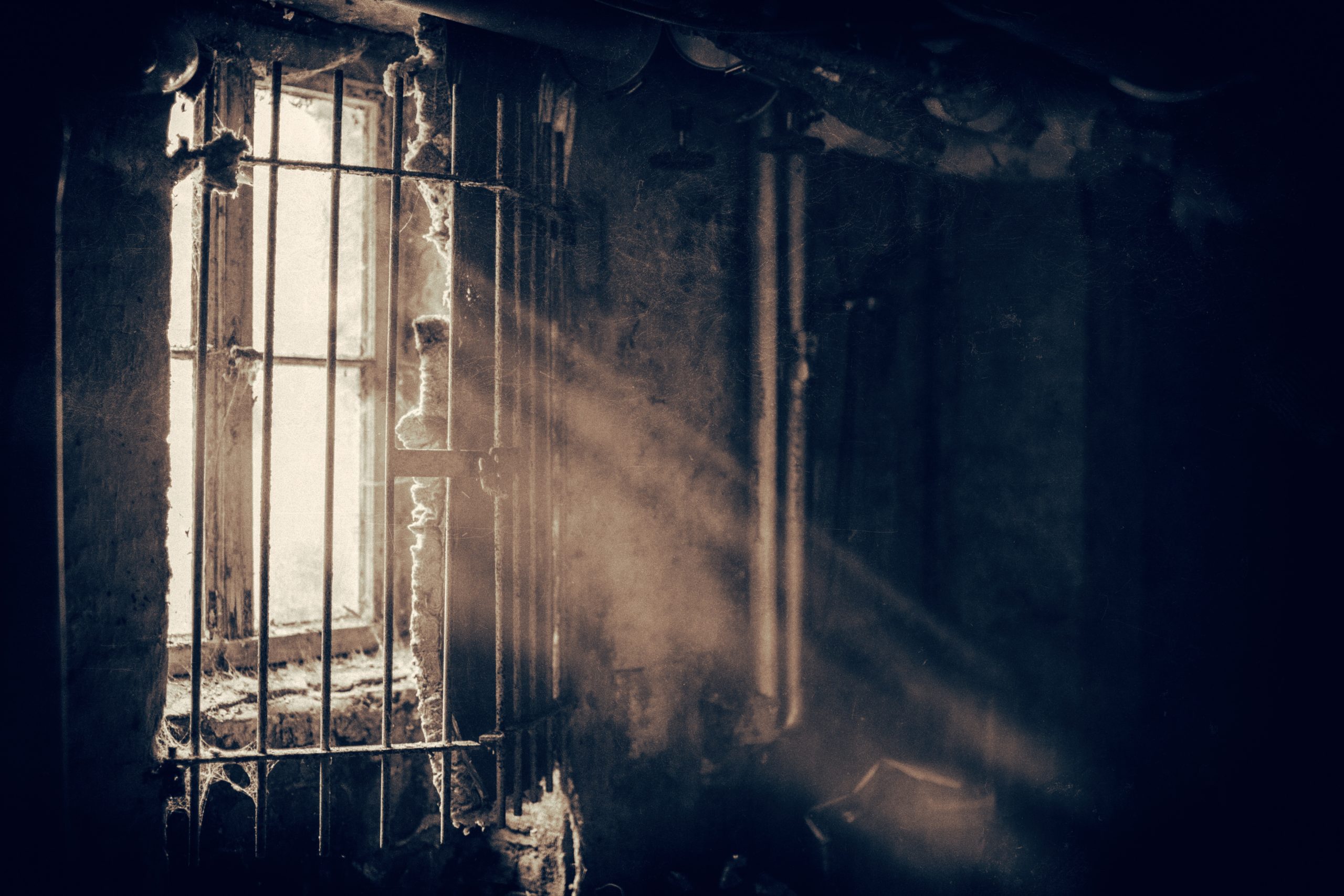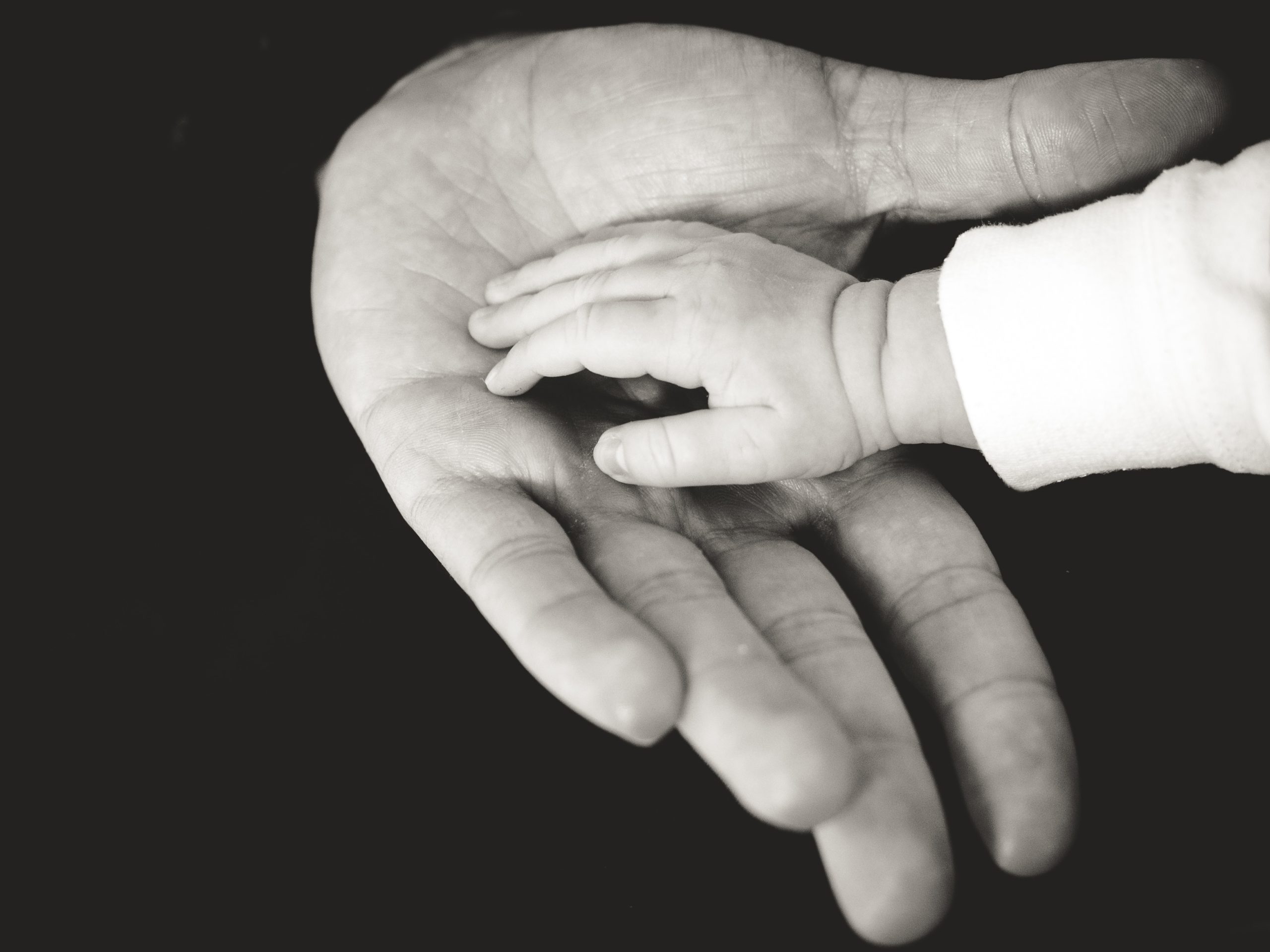
From the Prison to the Palace: Partnering with the Favor of God
Joseph was loved by his father.
The first-born son to Rachael, the one whom Jacob worked 14 years for, who was barren at one point, he found a special place in his father’s heart.
Joseph was delighted and highly favored long before he was born, magnified more with a gift exclusive to those who were of royalty. It was a robe that signified authority and power. It was obvious, Jacob saw something in him more than any of his other sons. Little did he know that this gift prophesied what is about to come.
Dreaming from a place of favor.
Have you ever dreamed that you were going to do something important? Or felt it in your bones that you would change the world? Have you ever had this deep sense you were going to be someone great?
If you have, you can probably relate to Joseph.
He knew he carried greatness. It’s what he’d been dreaming of. There was a sense in his heart his life was meant for something more. When Joseph closed his eyes, he saw what was available.
Reading this story growing up in Sunday’s school, it was always said God gave him the dream. But the story never actually said it was from God. So if we read the story within its context, I see the dream is actually more connected to his father’s gift.
“Now Israel loved Joseph more than any of his other sons, because he had been born to him in his old age; and he made an ornate robe for him.” Genesis 37:3
Joseph’s ability to dream was directly correlated to his capacity to receive favor from his father. The gift displayed his father’s love and favor. And because of the favor Joseph received from his father, he knew he could be great. It was that favor that became the launching pad that propelled him to see greatness.
Favor informs how we dream.
There’s something powerful about dreaming. It’s fascinating and mysterious and we rarely ever talk about it. I remember one time I had a dream where this man was chasing me and I woke up trembling. It was such a wild experience.
Dreaming had a physiological reaction in my body. One that I’ve never experienced before. I was laying safely in bed, yet my body literally went into a fight-or-flight mode. Nothing outside of me triggered the emotional response. It all happened inside of me. At that moment, my dream created a greater reality within me than what was currently happening outside of me.
When thinking about Joseph’s dream in particular, I wonder what his physiological reaction and emotional response was? How much did that dream change him from the inside out? And if his dream is more connected to his father’s favor, how much did he meditate on that?
Two years ago, I got into this martial arts movie called Ip Man. There were four parts to the movie, and I watched all them in the course of a week. Here’s what started happening: suddenly I wanted to learn and become a Kung Fu Master because why not? There was even a time where I dreamed I was becoming one. In the dream, I was learning the art of Kung Fu.
Then it dawned on me: What I watched actually affected my desires and wants and what I dreamed about. Our heart is shaped by whatever we immerse it into. Our heart will become whatever it is governed by. So what will it look like if we become more intentional about the things we watch and see and hear?
What if we let His presence shape our heart? What if we immerse ourself in the favor of His face that it actually informs our dreams, and it changes us from the inside out?
When dreaming turns into faithfulness.
In the same way dreaming is an inside-out process, faith is also an inside-out process. Hebrews 11 says, “Now faith is the substance of things hoped for, the evidence of things unseen.”
When you dream, where does it happen, where do you see it? In the unseen.
Another word for the unseen is imagination.
Just like dreams manifest itself through the imagination. The spiritual realm manifests itself through the imagination.
Faith begins in the unseen. It displays itself through our imagination. And when we grab a hold of what we see in our imagination, it begins to take a hold of us. It becomes a conviction. It then gives us hope that what we see in our imagination can become a reality in our outer world.
Just like dreaming can have a physiological reaction to our bodies, faith works the same way. It starts within us and it works outside of us. And if we keep our focus on what the Spirit is doing, then we will be strengthened in our inner being.
It’s no wonder then that at every turn, Joseph’s external circumstances didn’t define his internal reality. Joseph’s internal world was so intact that he changed his outer world.
From a slave to a servant to an overseer, from a prisoner to a dream interpreter, he became the most powerful man in Egypt under Pharaoh. Egypt even became prosperous at a time of famine.
Joseph knew who he was throughout his journey and his identity gave him the courage to not give up. Who he was had been established way before any he was sold into prison. That’s when dreaming turns into faithfulness.
Standing faithful, in whatever situations and circumstances we find ourselves in, will lead us to transform the world around us. Joseph wouldn’t have found himself where he was, if it wasn’t so.
A person who knows he is favored will turn a prison into a palace. He is one who has learned how to partner with the favor of God to impact the world around him where he becomes a thermostat that changes the climate of those in his sphere of influence rather than a thermometer that rises or falls according to what’s happening outside of him.
For Joseph, the external sign of favor, the robe can be trampled, but the internal gaze of favor from his father can never be taken away. So just as he stood faithful because of his father’s love, let us do likewise because we are loved by our Father.





Responses